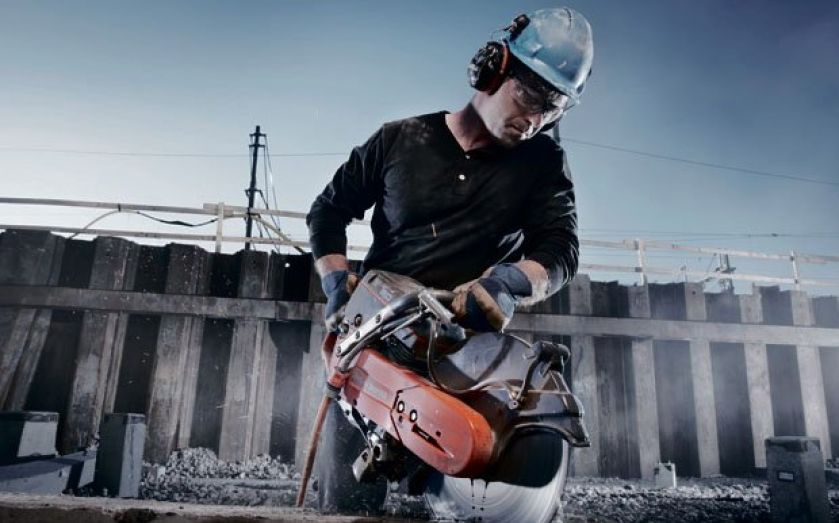Power rangers run out of steam

The UK’s top two tool hire firms have slumped after profit warnings. Michael Bow finds out why
HOW DO companies underperform in a rising market? That’s the conundrum shareholders in the tool hire sector are asking after the UK’s two biggest hire companies issued profit warnings within days of each other.
The country’s largest, Speedy Hire, yesterday issued a shock profit warning, sending shares down 31 per cent. Its chief executive is also leaving.
Rival HSS Hire fell by a similar amount on Monday after it said business in April and May was slower than expected.
The turbulence has shed light on an esoteric sector which should be enjoying the fruits of the UK’s recent construction boom.
Despite the upbeat mood, May’s General Election sparked a rocky period for construction and services.
The PMI Services index, a closely-watch barometer which serves as a proxy for Speedy and HSS’ business lines, fell sharply in May. Construction sentiment also swung from a 22-month low in April to a nine-year high in May, underscoring volatility surrounding the ballot.
“The General Election may have put more of a dampener on things than people were prepared to admit at the time,” Sanlam analyst Andy Brown said. “These companies are heavily geared operationally and if demand falls away it will hit them very quickly.”
While HSS reported slower trading in April and May – exacerbated by a seven degree drop in UK temperatures which reduced appetite for chillers, normally an in-demand item – Speedy Hire’s issues go deeper. The group said a lack of tools to hire to customers had dented performance. Just three months ago the group opened a new central distribution centre in Tamworth, supported by an ecosystem of smaller multi-service centres, to help it move tools around the country more easily. HSS had taken around three years to develop this hub-and-spoke delivery model yet Speedy Hire had tried to replicate it in 12 months. Yet, the failure to supply tools and satisfy customer demand points to a catastrophic failure of its new logistics system.
“What we see here is a misallocation of capital,” Panmure Gordon analyst Adrian Kearsey said. “The overall construction market has been volatile in recent months but your role as an equipment provider is to tweak your stock accordingly and it hasn’t done that.”
Tool hire is worth £6bn a year in the UK and growth is projected to slow, according to the European Rental Association (ERA). Industry turnover rose 10 per cent in both 2013 and 2014 but will fall to 4.4 per cent this year and 4.2 per cent in 2016, the ERA says.
Rivals to HSS and Speedy are performing better – Ashtead reported a record pre-tax profit this month – primarily because of its US market exposure, but challenges remain in the UK.
Rental rates are not growing, forcing firms to rely more heavily on logistics to improve efficiencies and margins.
With outside growth prospects volatile, and organic growth harder, tool hire firms will need to drill down even harder to prosper in future.